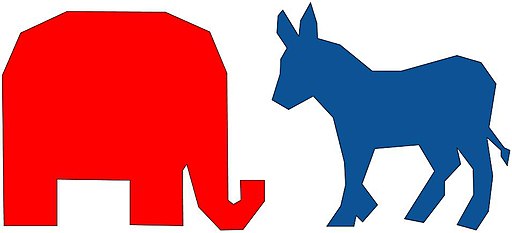In the 59 state legislative special elections held in 2020, eight seats changed partisan control. Democrats flipped seven seats and Republicans flipped one.
Between 2010 and 2020, an average of 71 state legislative special elections took place each year. In those 782 elections, 103 seats (13.2%) changed partisan control. Democrats flipped 56 seats, Republicans flipped 41, and independent and third-party candidates flipped six.
2017 had the highest number of flips during this time period, with Democrats flipping 14 seats and Republicans flipping three. This was also the year with the highest net change for Democrats, who gained a net of 11 seats out of 98 special elections. Republicans’ highest net gain was five seats in 2013.
Since 2010, Democrats have gained a net of 12 state legislative seats in special elections, and Republicans have lost a net of 17 seats.
No seats changed partisan control in 2010, when only 30 special elections were held.
The state with the highest number of flips since 2010 is New Hampshire, where 11 seats have changed partisan control. Massachusetts and Connecticut follow with 9 flips each.
Twenty-five states use special elections to fill state legislative vacancies and four other states (Kansas, New Jersey, Tennessee, and Washington) use special elections in some circumstances. Twenty-seven states held state legislative special elections in 2020.
Additional Reading:



